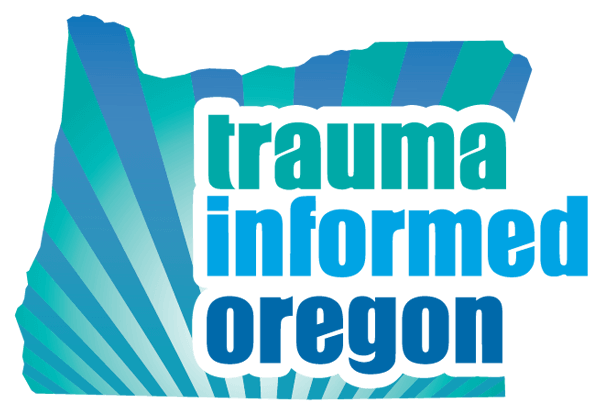Blog
 Building Resilience in the Youth We Serve
Building Resilience in the Youth We Serve

September 24, 2019
From Rachel Schutz, Vice President of Club Services & Trauma Informed Specialist
In our mission to serve all youth, especially those that need us most, the Boys & Girls Clubs of the Portland Metro Area (BGCP) recognizes that in the communities we serve, a high proportion of our youth and families have experienced trauma or adversity. These adverse experiences ask for a special set of services and attentions called Trauma Informed Care (TIC), and with it, our Clubs have dedicated staff, training, and resources to attend to these needs. In our work to intentionally address these needs, we make the following definitions:
- Trauma – Any experience that overwhelms a person’s ability to cope, particularly in the absence of supportive relationships.
- Resilience Building – Positive, healthy, consistent adults or programs that build the ability for youth to deal with difficult times in their life. Research tells us that a strong relationship with a safe, consistent mentor is the most important factor in healing trauma. Research also tells us that resilience can be built inside individuals, families, and communities.
- Trauma Informed Care – This is a service delivery method that understands that trauma is pervasive in our youth, families, and community. This understanding asks us to deliver services with the Principles of Trauma Informed Care, create trauma informed policies, and create a system of self and community care that allows our services to be accessible by traumatized populations.
- Principles of Trauma Informed Care – These are Safety, Trustworthiness and Transparency, Peer Support, Collaboration, Empowerment and Choice, and Equity.
One Simple Question
In our organization and within our Clubs we ask one simple question, “What do our youth and families need to be successful, and to be empowered to reach their full potential?” Club programming builds resilience in youth through dedicated staff, mentoring, safety, problem solving, choices, and opportunities. Resilience is the key skill that allows individuals to overcome adversity in their lives. Building resilience is good for all youth and families and is especially helpful for those that have experienced trauma or adversity. The Boys & Girls Clubs have been building resilience in youth for a long time, but with our focus on TIC, we are standardizing and giving language to those practices—doing them with the intention of building resilience and healing trauma.
Our Youth & Family Service Program expands our services by screening youth for risk factors, enrolling them in targeted programming, creating individualized plans, and connecting youth and families with counseling and resources. This program seeks to intentionally provide upstream prevention for our at-risk youth and families, allowing them to thrive.
How We Operationalize
To operationalize our commitment to TIC, we have created the Trauma Informed Club model which focuses the foundation of all of our Clubs on safety, predictability and stability, utilizing the lens of ACEs, equity, empowerment and choice, problem solving, and creating the safe, stable mentoring relationship with an adult that research knows makes the difference. Laying this model as our foundation, we train all our staff on a continual basis on ACEs and TIC; we utilize the principles of TIC in our staff meetings; we incorporate trauma-informed decision matrixes; we maintain an active Equity Committee that reviews all policies, procedures, and decisions before any adoptions; we have dedicated self-care days on our yearly calendar for our staff; and we continuously examine and re-examine our communications and decisions to ensure they align with our values of being trauma informed and equitable.
To ensure that we are practicing the commitment with fidelity, and to continuously improve, we have created a Trauma-Informed Club Assessment tool that examines not only our Club programming, but also our staff experience, parent and youth voice, administrative leadership, and built environment. We recognize that being trauma informed is not one single facet, but a foundation, a culture, and the thing that must permeate every aspect of the organization to be effective. Our board, leadership, staff, and policies must incorporate TIC before we can ever deliver that to our youth and families.
Evaluating Our Impact
The final step that we take at BGCP to ensure our youth are empowered to reach their full potential is to evaluate our impact on both building resilience and on the social determinants of health for our youth and families. We believe that by providing a trauma-informed and equitable foundation and lens to the full complement of work we do—providing preventative and skill-building programming, and holistic youth, teen, and families services—we are having a positive life-long impact on our communities.
We recognize the urgency and consequences of the incredible challenges faced by youth and families in our communities—poverty, violence, racism, substance use, victimization, and more. Because of these, and their potential lasting impacts, we are seeking to make a measurable difference in the lives of our youth through our dedication to TIC, equity, and intentional resilience building. Here at the BGCP, we are using every level of our organization to put the supports in place so youth, families, and our community can thrive.
